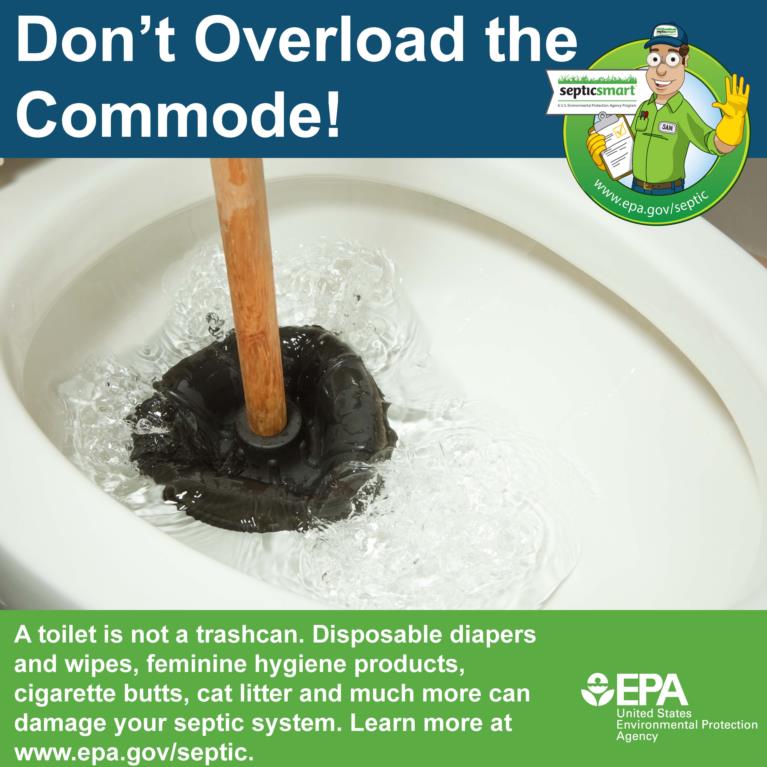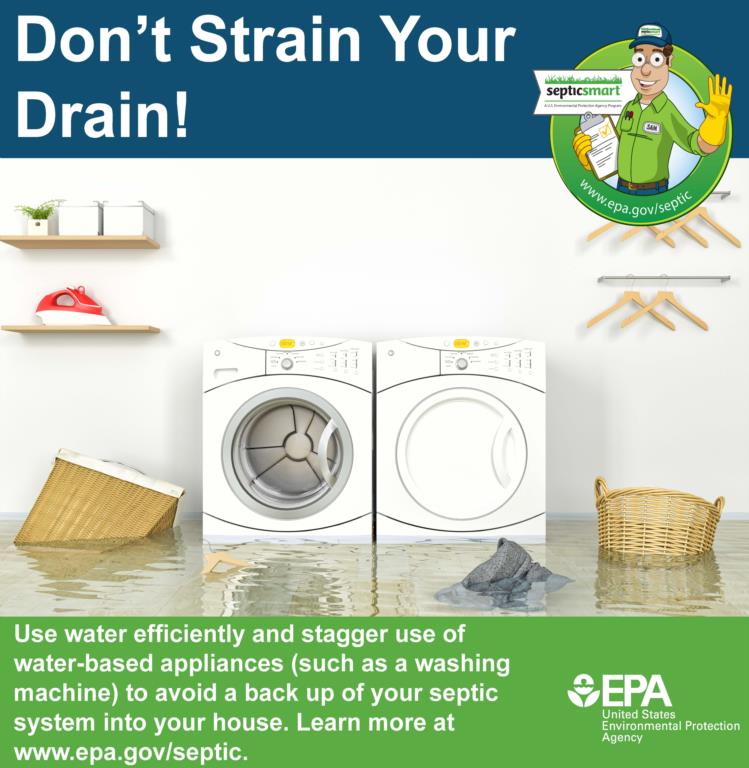Report Illicit Discharge
Stormwater Pollution - When It Rains, It Drains
Stormwater runoff is rainwater that runs off of rooftops, lawns, driveways and streets in our neighborhoods. As it flows, it picks up dirt, leaves and grass clippings, pesticides and fertilizers, oil and grease, harmful bacteria, toxic chemicals, litter and other contaminants. All of these pollutants are carried by stormwater into storm drains and ultimately into our streams and rivers.
The City of Pine Lake implements several federal and state mandated programs designed to identify and reduce pollution that flows into storm drains and streams. Efforts include monitoring Pine Lake and Snapfinger Creek to assess watershed health and to identify pollutants that may impact human health and aquatic organisms.
City representatives inspect outfalls and walk streams to locate pipes that discharge flow during dry weather. The discharge from those pipes is tested to determine if it contains contaminants such as soapy water or used oil. If pollution is present, the source of the pollution is identified and efforts made to eliminate the problem as soon as possible. In addition, local businesses, such as car repair shops and restaurants, are inspected on an annual basis to identify potential sources of pollution including trash, used oil, grease and muddy runoff. Potential pollution sources identified as a result of the on-site inspections are brought to the attention of business and property owners, along with requirements for corrective action. The few businesses/individuals that choose not to comply with local ordinances prohibiting illicit discharges and illegal dumping may be subject to additional actions including fines up to $1,000 per day. The goal of the Watershed Protection Program is to protect water resources in City of Pine Lake through increased awareness and enforcement (if needed).
Please Note:ADVANCE AUTO LOCATED AT 4845 ROCKBRIDGE ROAD, STONE MOUNTAIN (CORNER OF N. HARISTON) WILL ACCEPT USED MOTOR OIL FOR DISPOSAL.
|
|
|
Tips For Septic Systems
|
|
Tips For Septic Systems
|
|
Pet Waste Flows Down to the Lake and Waterways
Please remember to pick up after your pet. The City has provided waste receptacles around the lake area for proper disposal. Pet waste contains nitrogen and phosphorus, which can deplete oxygen that fish need to survive. Pet Waste also increases fecal coliform levels in water that may indicate contamination by pathogens and or disease-producing bacteria.

|
|
Hazardous Chemicals

For additional information read:
Disposal of Household Hazardous Waste.
Businesses owners/operators can prevent pollution by cleaning up all litter and spills on their property, properly disposing of all contaminated soils and gravel and moving potential stormwater pollutants under cover. Homeowners can help protect local streams by minimizing excess use of lawn care chemicals and making sure all potential sources of pollutants, including pet waste, grass clippings and leaves, are disposed of properly. Developers and contractors must also maintain compliance with local regulations for pollution prevention and erosion control. Civic groups can help by conducting clean ups of neighborhoods and streams and sponsoring and/or participating in recycling programs.
Pine Lake is a part of the Metropolitan North Georgia Water Planning District. The Metro Water District has implemented one of the most comprehensive regional water management plans in the country. It is staffed by the Atlanta Regional Commission (ARC). It includes 15 counties and 95 cities. It is the only major metropolitan area in the country with more than 100 jurisdictions implementing a long-term comprehensive water management program that is required and enforced. For additional information visit
NorthGeorgiaWater.org
We all must work together to protect and preserve Pine Lake’s water resources for future generations. For more information and/or to report illegal dumping, a suspicious discharge and/or inadequate erosion and sediment control, please contact the Stormwater Administrator: (404) 999-4901
|
|